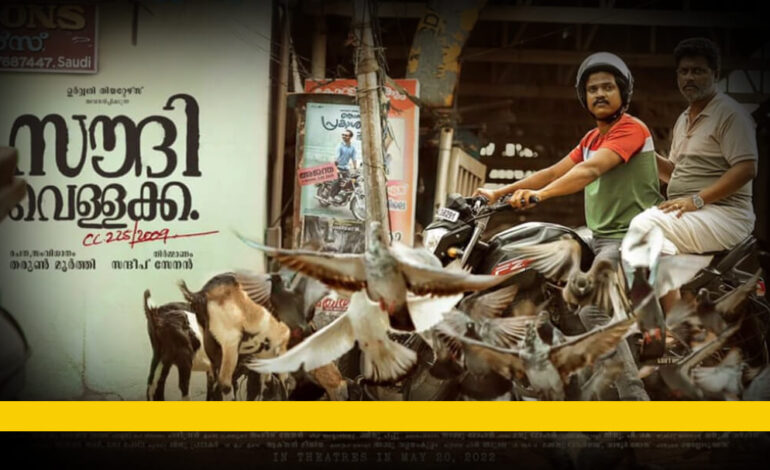
For a retired 60-plus film addict like me, over-the-top (OTT) releases are a blessing. Even before the pandemic had made theatre screenings impossible, getting to watch regional releases in Bangalore City where I stay, was problematic for me because of the odd timings of the shows even in the nearby theatres.
Now, one can watch the latest releases sitting in front of the desktop, while having lunch or dinner or skipping the afternoon siesta. It is just great.
And what a feast of really watchable movies that the Malayalam film industry is churning out without any of the “star” elements to attract you. A reason for watching them is: one is past the Mohanlal-Mammootty megastar attraction. The larger-than-life heroes have had their days of glory, I guess. But the bar has been raised. Whether the new trend has come about because of a fresh crop of scriptwriters and directors or because of the growing expectations of the more discerning viewers, the outcome is definitely good for Malayalam cinema.
Frankly, when I sat down to watch Saudi Vellakka (2022), written and directed by Tharun Moorthy, the title gave me no clue as to what the film was about. Later, when one of the various Magistrates before whom the case was presented also appeared equally clueless, one was amused.
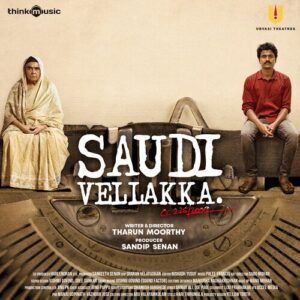
The story in a nutshell is literally just about that…a small fruit of the coconut, called ‘vellakka’ in those parts of Kerala, with which a group of lads were playing cricket using a part of the palm from as a bat, hits the forehead of an elderly woman, Ayesha Rawther, in the locality called Saudi. The kids were playing on the terrace of her neighbour Radhakrishnan with whom she has an ongoing feud. Incensed, she climbs up to the terrace and gives the kids a mouthful and a nice whack to the boy Abhilash, who is pointed out to her as the culprit. The kid’s front tooth, which had started to come loose before that whack, falls out, with a little bit of blood.
Instigated by the neighbour, the kid’s father files an FIR in the police station, citing the the palm as the weapon with which the child was “assaulted”. Thus begins the case numbered CC 225/2009 and a 10-year-long court battle follows.
The peg for the film is the fact that 47 million cases are pending unsolved in the Indian courts.
Whoever was responsible for choosing Devi Varma to play the role of Ayesha Rawther deserves applause. Seemingly irritating in the initial scenes, she grows on you with each scene that unfolds. Even when the character she plays finds herself isolated from her family and left to fend for herself, she does not come across as a self-pitying, vulnerable, whiny old woman. Devi Varma plays the role with a perfection that leaves the viewer mightily impressed. Her slow gait, her body language and stoic expressions hiding her quiet determination, the slow smile that lights up her face when she gets a chance to make snacks for another group of children playing outside her new dwelling – all of these make her presence so hauntingly felt throughout the film. Her silence through most of the film adds to the power of her acting.
All along, one finds the little nuances that constitute the warp and weft of a society – the wiliness of Radhakrishnan and his urge to offend and put the neighbour in her place; the unpleasantness that the old woman’s daughter-in-law exudes because of the sheer oppressiveness of her circumstances; the helplessness of the good-natured son Sathaar; the glory Britto’s good heart; the mixture of self-interest and compassion in the old woman’s lawyer; and the urge of Abhishek aka Kunjimon, whose fallen milk-tooth had set in motion the prolonged courtroom battle, to redeem himself when he is unwittingly made to bear the brunt of the pettiness of the elders.
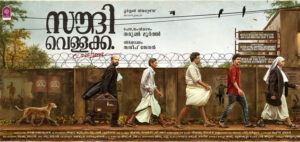
No frame seemed to be wasted. Their slickness and sequence makes the viewer feel part of the “everyday” ordinariness of life in the closely packed houses and narrow lanes of Saudi, the police station, the streets or the courtroom ambience. Each one of the actors, however small their character in the scheme of things, has played his/her role with remarkable conviction.
Does the way the film ends appear improbable? But why should we harbour mistrust in the goodness of our fellow-beings? For me personally, that is what I took away from this film….the element of goodness in our fellow human beings is what has sustained us and will continue to sustain us.
At one point, feeling desperately frustrated at the way things were moving against the old woman, Abhishek asks Britto, “This is all that human beings can be summed up as, isn’t it?
The film ends with Britto’s clincher, “This is also what human beings amount to.”
Ah! “Hope is that thing with feathers” as Emily Dickinson expressed it.
Subscribe to our channels on YouTube & WhatsApp


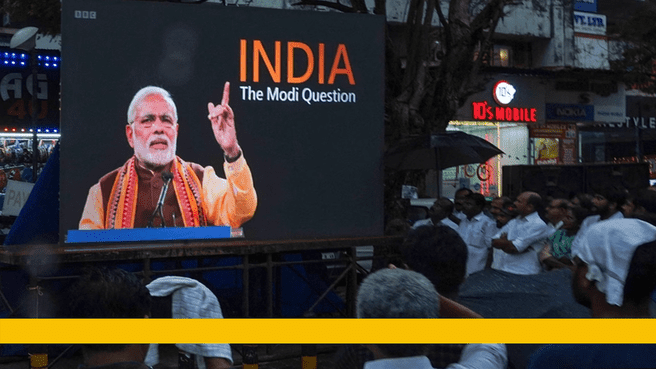
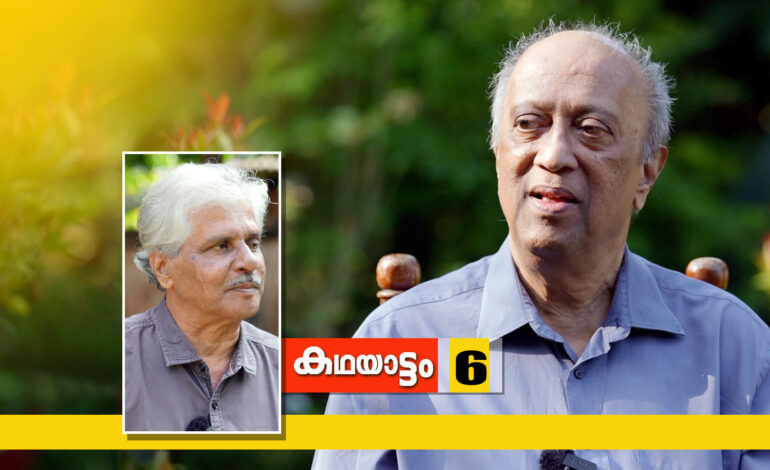
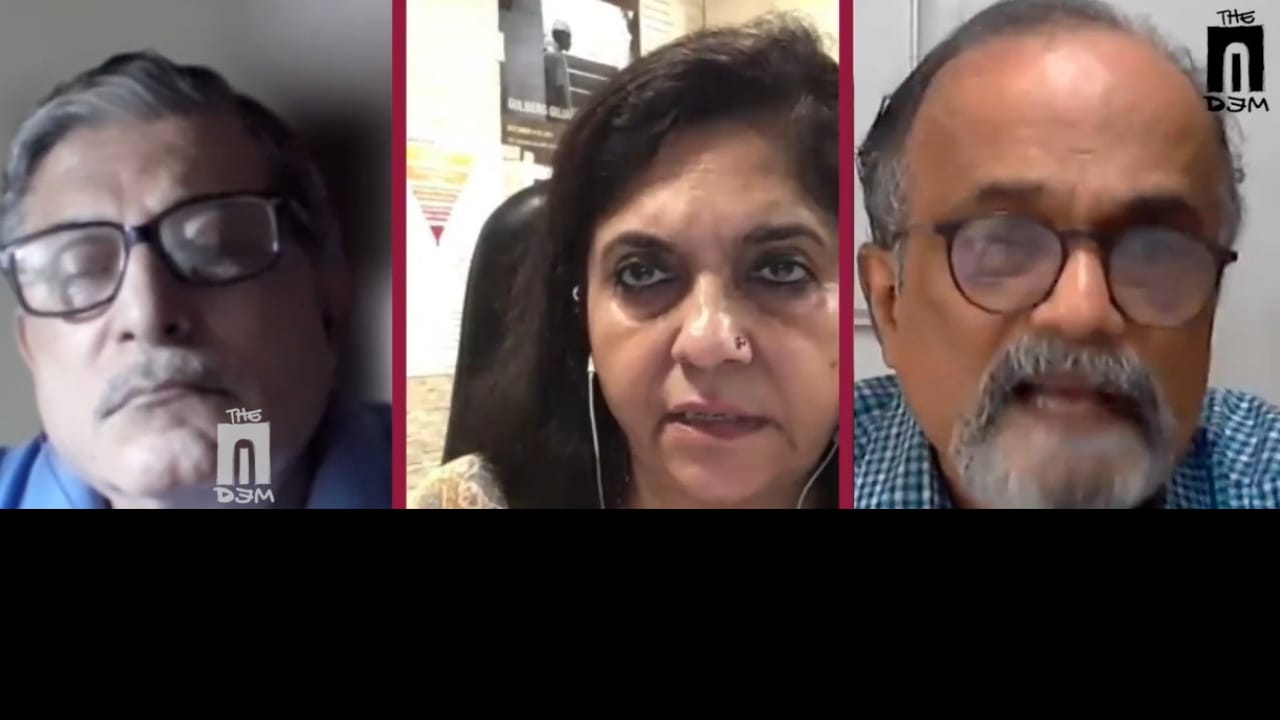
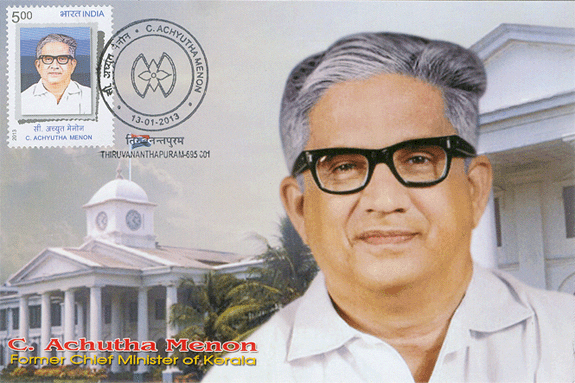






Such a nice write up